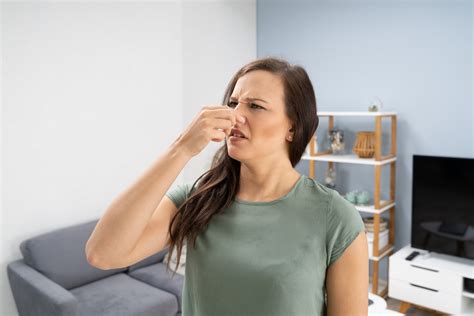Effective Solutions for Eliminating Unpleasant Odors
Odors FAQ
What is an odor molecule?
An odor or odour is a volatile chemical compound that humans and other animals perceive via the sense of smell or olfaction. Odors are also known as aromas or fragrances and (if they are unpleasant) as reeks, stenches, and stinks. The type of molecule that produces an odor is called an aroma compound or an odorant.
What causes an odor?
An odor ( American English) or odour ( Commonwealth English; see spelling differences) is caused by one or more volatilized chemical compounds that are generally found in low concentrations that humans and many animals can perceive via their sense of smell.
What does smell mean?
Smell, the detection and identification by sensory organs of airborne chemicals. The concept of smell, as it applies to humans, becomes less distinct when invertebrates and lower vertebrates (fish and amphibians) are considered, because many lower animals detect chemicals in the environment by
What is an odor called?
An odor is also called a " smell " or a " scent ", which can refer to either an unpleasant or a pleasant odor.
Where does smell information go?
Smell information also goes to the thalamus, a structure that serves as a relay station for all of the sensory information coming into the brain. The thalamus transmits some of this smell information to the orbitofrontal cortex, where it can then be integrated with taste information.
Where does smell come from?
One of these areas is the piriform cortex, a collection of neurons located just behind the olfactory bulb that works to identify the smell. Smell information also goes to the thalamus, a structure that serves as a relay station for all of the sensory information coming into the brain.
How do we know how we smell?
From the combination of molecular-genetic, electrophysiological, and optical imaging studies a better understanding of how we smell is emerging. The olfactory system detects and discriminates among a large number of structurally diverse odorant molecules that carry information about the environment.
Odors References
If you want to know more about Odors, consider exploring links below:
What Is Odors
- https://en.wikipedia.org/wiki/Odor
- https://health.howstuffworks.com/mental-health/human-nature/perception/question139.htm
- https://www.britannica.com/science/odor
- https://askabiologist.asu.edu/explore/sense-smell
- https://www.thoughtco.com/aroma-compounds-4142268
- https://theconversation.com/from-odor-to-action-how-smells-are-processed-in-the-brain-and-influence-behavior-173811
- https://www.scientificamerican.com/article/what-a-smell-looks-like/
- https://news.harvard.edu/gazette/story/2020/07/new-study-reveals-how-the-brain-organizes-information-about-odors/
Odors Information
- https://www.sciencedaily.com/releases/2020/07/200702144119.htm
- https://www.brainfacts.org/Thinking-Sensing-and-Behaving/Smell/2015/Making-Sense-of-Scents-Smell-and-the-Brain
- https://journals.physiology.org/doi/full/10.1152/nips.1507.2003
- https://bmcbiol.biomedcentral.com/articles/10.1186/s12915-017-0389-z
Explore Related Topics
Eco-Friendly Cleaning Products: A Must for Asthmatic Children?
Debating the necessity of eco-friendly cleaning products in homes with asthmatic children and asking for recommendations.
Floods & Mold: The Silent Asthma Aggravators?
Analyzing how post-flood conditions, particularly mold growth, can silently worsen asthma conditions and how to address it.
How Effective Are Air Purifiers for Asthma Sufferers?
A discussion on the use of air purifiers in managing asthma symptoms and the best types of air purifiers for asthma sufferers.
